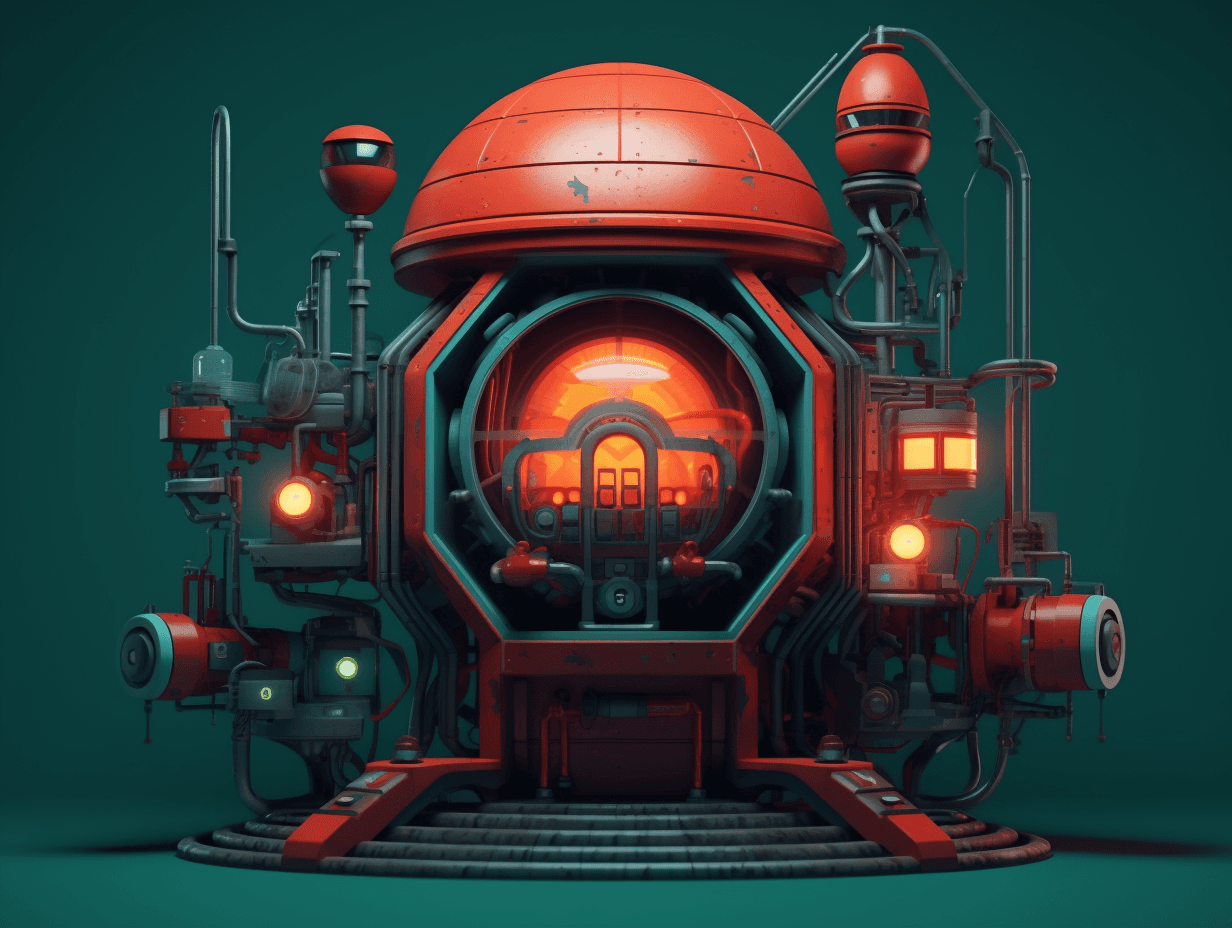🤖 AI in the metal fabrication industry

The introduction of Artificial Intelligence (AI) in the metal fabrication industry 4.0 manufacturing processes are trying to enable autonomous manufacturing of products with the help of AI.
New-age manufacturing processes use intelligent machines that are efficient and meet various industrial demands in a time-saving manner, making human labor almost redundant in the plants. The intelligent machines are capable of carrying out repetitive tasks with robotic precision reducing errors and delays in the manufacturing processes. Hence, the already existing metalworking machines can be integrated with the computer systems that manage their operations of cutting, bending, assembling, forging, casting, welding, and pressing fabrication without any human interference.
For instance, a washer can be programmed to carry out its washing tasks autonomously using Machine Learning (ML). The first step is to identify the operations of each machine, in this case, the washer, which washes the metal parts, next, the ML expert collects data on the washer – the temperature it must be set to, the run-time of the washer, and the weight it can carry, and so on, then based on the algorithm generated by the expert the machine learns to perform its tasks based on the guidelines programmed into it. By doing so the machine can be trained to carry out its duties without any human assistance. In order to sufficiently train the machines vast amounts of data must be fed into them along with the design and the specification of the desired product, and the expected outcome.
The purpose [of using machine learning] is not only to reduce human interference by building autonomous machines but also for the machines to learn and improve from each iteration of creating the end product.
Another advantage of these smart machines is the minimizing the wastage of material by calibrating the machines precisely, especially to perfect the cutting technique used in metal fabrication. They are high quality, while reducing mishaps, and increasing overall productivity and output.
AI allows the personalization of standard products, using digital manufacturing solutions that enable the automation of diverse processes that accommodate the personalization of standard industrial products to meet the specific needs of the customers without the need for a new production line or setup. This allows manufacturing to transition from mass production to mass personalization with ease.
Overall, AI offers several benefits to the industry by creating smart machines, which can operate autonomously on tasks previously carried out manually by human workers. Switching manufacturing from manual to autonomous ensures lessening of costs as human workers are no longer needed on the same scale and also reduces the likelihood of errors and mishaps from occurring. These smart machines can tirelessly produce products increasing the overall productivity and profits of the company. Lastly, there is no denying that the metal fabrication plant does not make for the safest working environment, so just like you can program machines to perform repetitive tasks and instruct them to improve with each iteration, you can instruct them to appropriately deal with dangerous situations.

